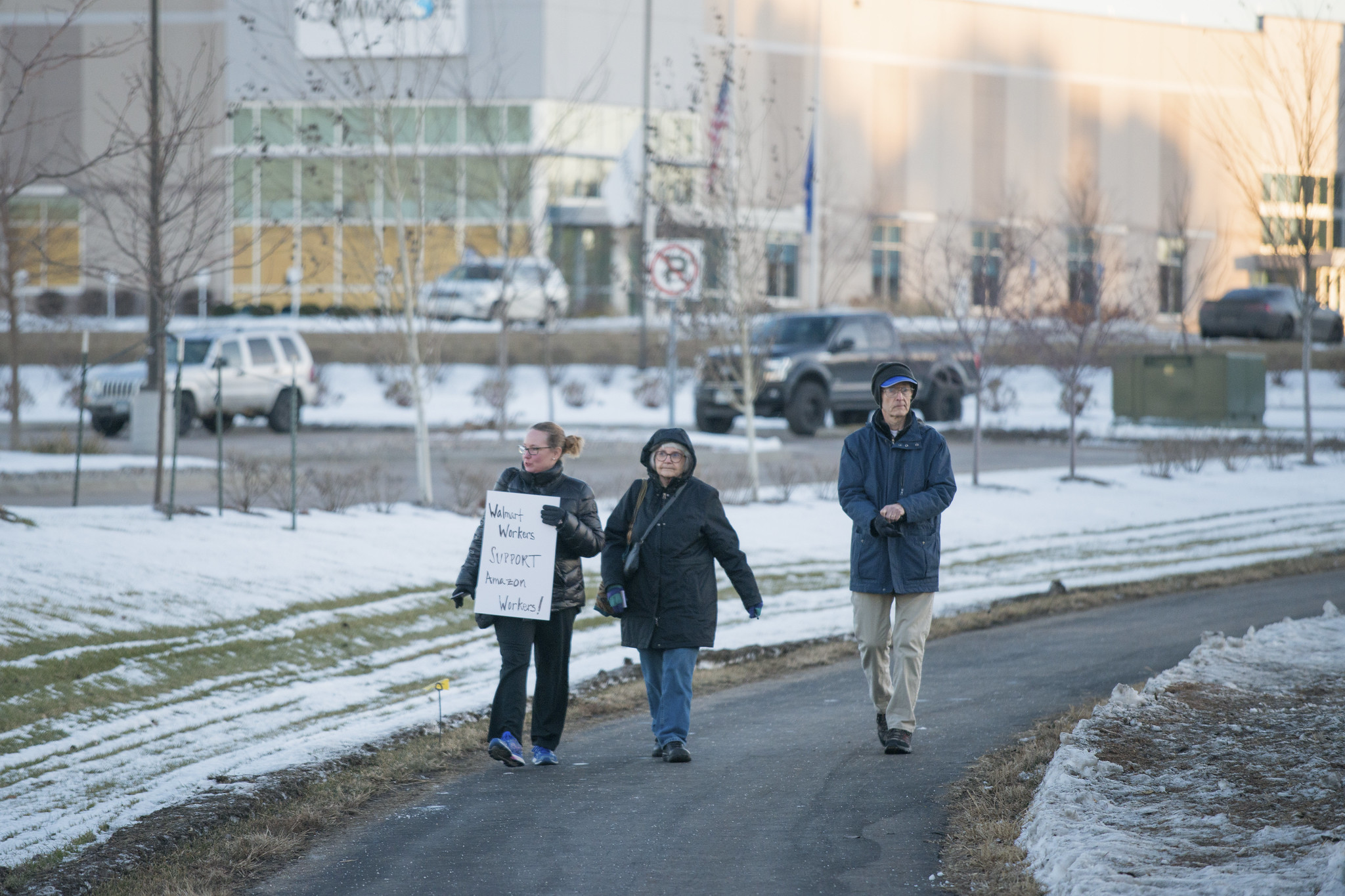These recent weeks of state and corporate responses to the coronavirus pandemic have made inequalities and the need for structural change all the more evident.
In Canada, it quickly became apparent that the promise of mortgage deferrals for struggling homeowners really amounted to ultimately paying more for your home and the banks profiting yet again from your labour.
There is also the contrast of the Trudeau government’s coronavirus relief package allocating $305 million to Indigenous communities, while it considers a $15 billion “bailout” for transnational oil and gas corporations.
And there’s the exemption from social isolation measures for the man camps so that the building of the Coastal GasLink gas pipeline, the Trans Mountain pipeline, and the Site C hydroelectric dam on Indigenous lands can continue without free, prior and informed consent.
So how do we challenge this from home?
1. Tell the truth: In June 1919, Antonio Gramsci wrote from a fascist prison, “To tell the truth, to arrive together at the truth, is a communist and revolutionary act.” More than 100 years later, we can use social media platforms to tell the truth, in other words, to share a critique and build a wider popular understanding of the power dynamics in society.
2. Political education: Lucy Parsons wrote, “Anarchists know that a long period of education must precede any great fundamental change in society, hence they do not believe in vote begging, nor political campaigns, but rather in the development of self-thinking individuals.” There are multiple forums springing up for us to learn together. For more on this, check out Self-isolate, Self-educate! Political Education in the Pandemic.
3. Petitions: Online actions have their limitations, but now is likely the time to fully use them and see if we can strengthen their bite as a tool. A World Beyond War petition, for instance, is calling on a defence lobby group to cancel an arms show still scheduled to take place in Ottawa from May 27-28. Keep in mind that the Quebec government has deemed “defence manufacturing” an essential service that can stay open during the pandemic.
4. Online donations: In England, activists who have been camping for almost six months to protect ancient woodlands from being cut down to clear a path for the HS2 high-speed rail project were recently evicted by the police. Crowdfunding efforts continue to raise the funds to pay lawyers to stop the rail link that would destroy 700 wildlife sites and 100 ancient woodlands. If you can, support good causes like this one via online giving.
5. Individual actions: While we tend to focus on building mass actions, we can look to history for examples of individual actions. Martin Luther changed the course of history when he sparked the Protestant Reformation in October 1517 by nailing a copy of his 95 Theses that challenged institutional corruption in the Catholic Church to the door of the Wittenberg Castle church. What would a similar challenge to corporate power look like now?
Here’s one more point to consider: The Canadian Press has reported that the Canadian Armed Forces has been put on a “war footing” given the pandemic. Among the instructions given by General Jonathan Vance to soldiers is “to stay healthy so they are ready and able to respond should the need arise.” Given the struggles we have ahead of us, this advice also holds true for activists.
Let us remember that as the Alberta government cuts $128 million from the education system during this pandemic, Brazil scales back environmental enforcement that will likely result in further deforestation, and the Trump administration suspends its enforcement of environmental laws on air and water protection, we have some major battles ahead of us to ensure that these “temporary” measures do not become permanent.
We should also be amplifying awareness of the resistance actions happening now. This includes the call for a rent strike on April 1 (including by the “Keep Your Rent” movement in Ottawa), the occupation of a dozen vacant, publicly owned homes in Los Angeles by homeless and housing-insecure city residents, several hundred French workers protesting Amazon staying open during the outbreak, and health care workers protesting the lack of protective equipment.
This is not a comprehensive list of what is being done or what could be done. The point is really for us to collectively generate that conversation and brainstorm alternatives together. Please use the comments section below and your own networks to share and spark new ideas.
Brent Patterson is a writer and political activist. He’s on Twitter at @CBrentPatterson.
Image: Fibonacci Blue/Flickr



